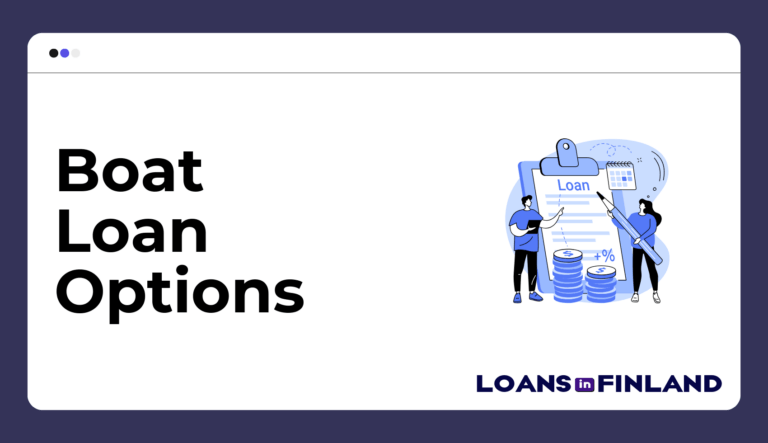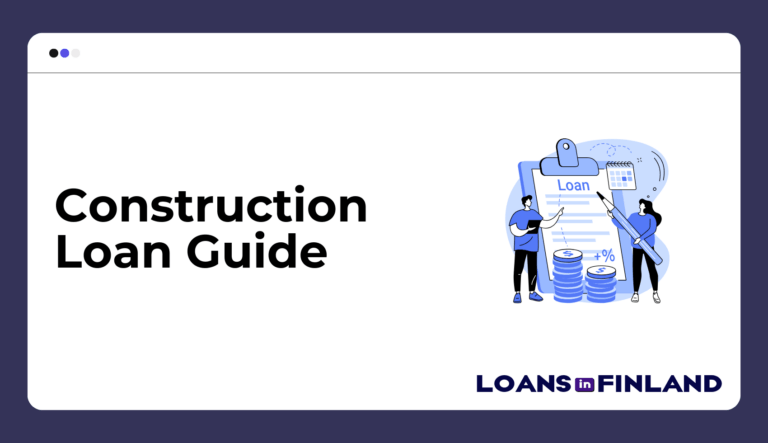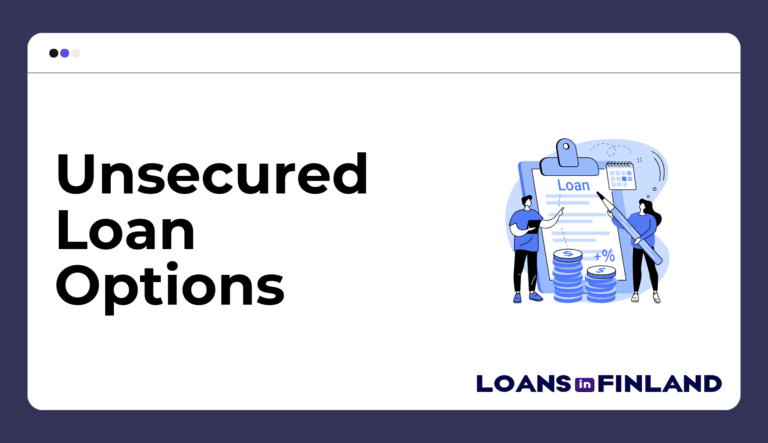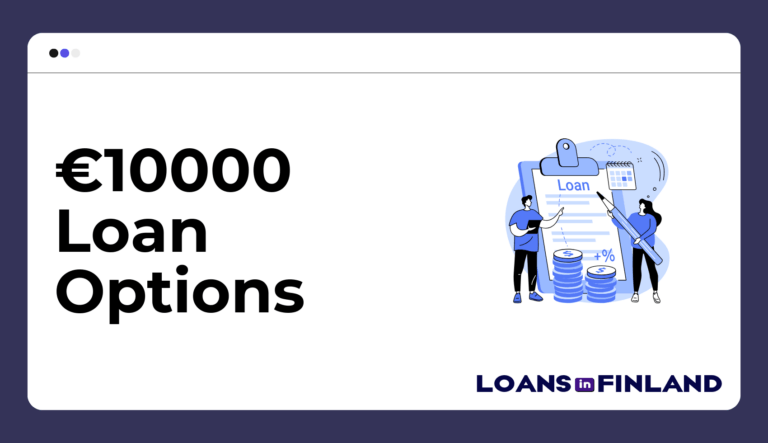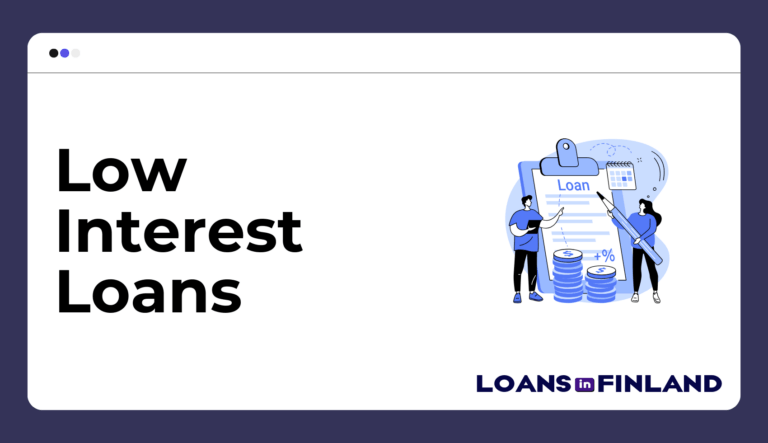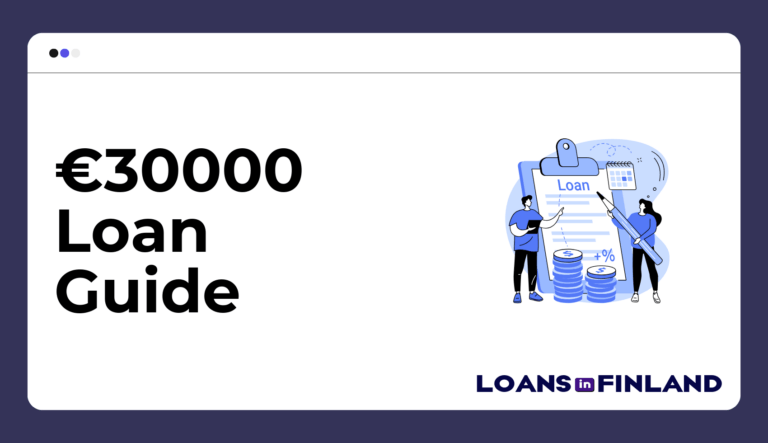Consolidate Your Debts: Simplify Your Finances
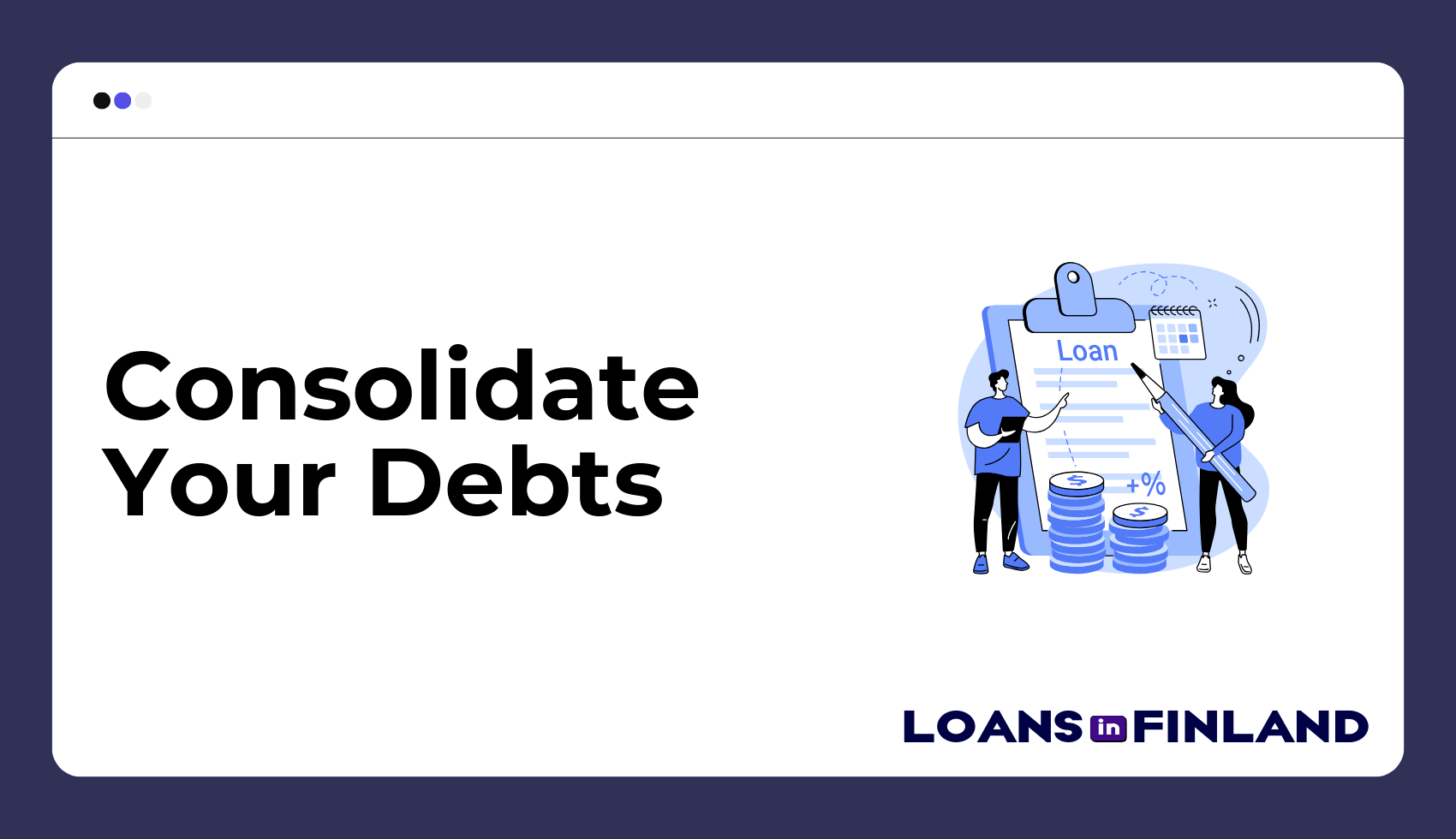

Are you juggling multiple debts? Streamline your financial life with debt consolidation. This strategy combines various obligations into a single loan, potentially lowering your interest rates and monthly payments. By simplifying your finances, you can regain control and reduce stress. No down payment car loans might seem tempting, but consolidation often offers a more comprehensive solution for overall financial health.
What is a Debt Consolidation Loan?
A debt consolidation loan is a financial tool designed to merge multiple debts into one manageable payment. This type of loan typically comes with a lower interest rate than your existing debts, potentially saving you money over time. To qualify for a debt consolidation loan, lenders usually consider your credit score and income. Yhdistelylaina options in Finland can vary, so it’s crucial to compare offers. Remember, while consolidation can simplify your finances, it’s essential to address the root causes of debt to prevent future financial strain. For personalized advice on debt consolidation loans in Finland, consider consulting with a financial advisor.
Understanding Debt Consolidation Loans
Debt consolidation loans offer a strategic approach to managing multiple financial obligations. These loans allow borrowers to consolidate various debts into a single, more manageable payment. By combining high-interest credit card balances, personal loans, and other outstanding debts, individuals can potentially reduce their overall interest rates and simplify their repayment process. This consolidation method often results in lower monthly payments, making it easier for borrowers to stay on top of their financial commitments.
How to Pay Off Multiple Debts with a Single Loan
A debt consolidation loan provides an effective way to pay off various outstanding balances simultaneously. Here’s how it works:
- Apply for a debt consolidation loan that covers the total amount of your existing debts.
- Once approved, use the funds to pay off your current obligations.
- Focus on repaying the new, single loan instead of juggling multiple payments.
With a debt consolidation loan, you can streamline your finances and potentially save money on interest. This approach allows you to pay off high-interest debts faster, as more of your payment goes towards the principal balance. By consolidating, you’ll have a clear repayment timeline and a single monthly payment to manage, reducing the risk of missed payments and late fees.
The Benefits of Lower Interest Rates
Lower interest rates are a key advantage of debt consolidation. By combining your debts, you can often secure a more favorable rate, reducing the overall cost of borrowing. This can lead to significant savings over time, as less of your monthly payment goes towards interest. Lower rates also mean you may be able to pay off your debt faster, freeing up funds for other financial goals.
With reduced interest, your monthly payments might decrease, easing your budget constraints. This can provide much-needed breathing room in your finances, allowing you to allocate resources more effectively. Remember, even a small reduction in your interest rate can translate to substantial savings over the life of your loan.
Tackling Credit Card Debt with Consolidation
Credit card debt often carries high interest rates, making it a prime target for consolidation. By using debt consolidation loans to tackle your credit card debt, you can potentially secure a lower interest rate, leading to significant savings. This strategy allows you to consolidate multiple high-interest balances into a single, more manageable consolidation loan.
For example, if you’re carrying balances on several credit cards with rates ranging from 15% to 25%, a consolidation loan at 10% could dramatically reduce your interest costs. This approach not only simplifies your payments but also accelerates your debt repayment. By focusing on a single loan with a lower rate, you can direct more of your payment towards the principal, potentially shortening the time it takes to become debt-free.
Improving Your Credit Score Through Consolidation

Debt consolidation can be a powerful tool for enhancing your credit score. By combining multiple debts into one personal loan, you simplify your payment structure and potentially secure lower interest rates. This strategy can lead to more consistent payments, reducing the risk of missed deadlines that negatively impact your credit. Credit cards often carry high interest rates, making consolidation an attractive option for those looking to improve their financial standing and credit score.
The Impact of Debt Consolidation on Your Credit Score
A debt consolidation loan is not just about simplifying payments; it can significantly affect your credit score. When you pay off your existing debts with a consolidation loan, you may see an immediate boost in your score due to decreased credit utilization. Over time, as you make regular payments on your new loan, you may be able to further improve your creditworthiness.
Consolidation often provides a lower interest rate than what you’re currently paying on credit cards or other high-interest debts. This reduction in interest can help you pay off your debt faster, positively impacting your credit score. Remember, a consistent payment history is crucial for maintaining a good credit score, and consolidation can make it easier to manage payments. For more information on how loans can affect your overall financial health, check out our comprehensive guide on loans in Finland.
Is Debt Consolidation Right for You?
Debt consolidation can be a game-changer for those struggling with multiple obligations. It simplifies the process of paying off debts by combining them into a single balance. This approach often results in a lower interest rate, potentially helping you save money in the long run. Before you apply, consider if consolidating aligns with goals.
If you’re juggling various high-interest debts, comparing bank loan options for consolidation could be beneficial. However, it’s crucial to assess whether you can commit to the new payment structure.
Evaluating the Pros and Cons of Debt Consolidation
Is debt consolidation the right move for you? Let’s weigh the pros and cons of this financial strategy.
Pros:
– Simplifies finances by combining multiple debts into a single payment
– Often offers a lower interest rate, potentially reducing overall debt cost
– Can improve credit score with consistent payments
– Provides a clear timeline for becoming debt-free
Cons:
– May extend the repayment period
– Requires discipline to avoid accumulating new debt
– Might come with fees or closing costs
– Not guaranteed to provide a lower interest rate for everyone
A good idea if you have a steady income and are committed to debt repayment. Before you get a debt consolidation loan, carefully assess terms and ensure it truly benefits situation. For larger debts, consider €40000 loan offers for consolidation. Remember, what is debt consolidation success depends on addressing root causes of debt accumulation.
Comparing Personal Loans and Credit Card Balance Transfers
When looking to consolidate your debts, two popular options emerge: personal loans and credit card balance transfers. Both methods can help simplify your debts and potentially reduce interest costs. Personal loans offer a fixed amount to pay off multiple debts, while balance transfers move existing credit card debt to a new card with a lower rate. The choice depends on your specific financial situation and the amount of debt you’re carrying.
Understanding the differences is crucial for making an informed decision. While personal loans often provide lower interest rates over a longer term, balance transfers might offer zero interest for a promotional period. However, consolidation loans can be more suitable for larger debt amounts and offer more structured monthly payments. For those seeking flexibility in their debt management, Flexible Credit Lines could provide an alternative solution.
Understanding Personal Loans for Debt Consolidation
What is a debt consolidation loan? It’s a personal loan used specifically to combine and pay off existing debts. Taking out a consolidation loan can simplify your finances by merging multiple debts into one. Is a debt consolidation loan right for you? Consider this option if you’re looking for a fixed repayment term and potentially lower interest rates.
Debt consolidation is particularly beneficial when you use a loan to pay off high-interest credit cards or other costly debts. By securing a loan with a lower rate, you could save money over time. Remember, a personal loan for consolidation typically offers a fixed interest rate, making budgeting easier with predictable monthly payments. Before taking out a consolidation loan, compare offers to ensure you’re getting the best terms for your situation.
The Pros and Cons of Consolidating Multiple Debts

Consolidating multiple debts can be a game-changer for your financial health. By merging various obligations into a single loan, you simplify your repayment process. This strategy often leads to lower monthly payments and potentially reduces the overall interest you pay. But what is debt consolidation really about? It’s about taking control of your finances and creating a clear path to becoming debt-free.
However, it’s crucial to weigh the benefits against the potential drawbacks. While consolidation can be a good idea for many, it’s not a one-size-fits-all solution. It requires careful consideration of your credit card balances, personal loans, and other debts. Let’s dive deeper into the advantages and disadvantages to help you make an informed decision about whether consolidation is right for debt consolidation in your situation.
Combining Debts into a Single Loan: Advantages and Disadvantages
What is debt consolidation and how can it benefit you? Merging debts into a single loan can simplify your financial life and potentially save you money. One of the primary pros and cons of debt consolidation is the possibility of securing a loan with a lower interest rate than your current debts. This can lead to significant savings over time and help you pay off your debt faster.
However, debt consolidation can be a double-edged sword. While it offers the convenience of a single payment, it may extend your repayment period. It’s crucial to consider whether the potential benefits outweigh this drawback. Additionally, if you’re consolidating your credit card debt, be cautious about accumulating new balances on the cleared cards.
Ultimately, combining debts into a single loan can provide a clear path to financial freedom, but it requires discipline and commitment to your repayment plan. Carefully assess your financial situation and long-term goals before deciding if consolidation is the right move for you.
How to Apply for a Debt Consolidation Loan in Finland
Applying for a debt consolidation loan in Finland is a straightforward process that can help simplify your finances. Start by assessing your total debt and determining how much you need to borrow. Research different lenders and compare their offers, focusing on interest rates and repayment terms. Many Finnish banks and online lenders offer consolidation options, so take your time to find the best fit.
Once you’ve chosen a lender, gather necessary documents such as proof of income, existing debt statements, and identification. Most lenders in Finland allow you to apply online, making the process convenient. Be prepared to provide detailed information about your current debts and financial situation. Remember, the goal is to consolidate your debts into a single, manageable loan with better terms.
Steps to Secure a Lower Interest Loan
To secure a lower interest loan for debt consolidation in Finland, follow these steps:
- Check your credit score and improve it if necessary before applying.
- Compare offers from multiple lenders, including banks and online financial institutions.
- Consider secured loan options, which often offer lower rates but require collateral.
- Negotiate with lenders, especially if you have a good credit history or long-standing relationship.
- Look for promotional offers or introductory rates, but be cautious of terms that may change after an initial period.
When applying, highlight your reliable income and any positive changes in your financial situation. This can improve your chances of securing a favorable rate. Remember, a lower interest rate can significantly reduce your overall repayment amount, making it easier to become debt-free. Always read the fine print and understand the full terms of the loan before committing.
Managing Your Finances Post-Consolidation
After consolidating debts, focus on maintaining financial stability. Create a budget to track income and expenses. Prioritize saving for emergencies and future goals. Avoid accumulating new debt by living within means. Regularly review progress and adjust strategies as needed. Stay committed to repayment plan for long-term success.
Creating a Repayment Plan
A well-structured repayment plan is right for you when managing consolidated debt. Start by understanding how does debt consolidation affect monthly payments. Debt consolidation is a strategy that combines multiple debts into a single loan, often with a lower interest rate than previous obligations.
A debt consolidation loan is beneficial if you can get a favorable rate and terms. It’s a good idea if you struggle with multiple payments. You may be able to save money in the long run and simplify finances. Consider the pros and cons carefully before deciding if it is right for you.
Remember, successful debt management often involves more than just consolidation. For those considering home improvements alongside debt consolidation, explore options for Home Renovation Financing to align with overall financial goals.
A Financial Expert’s Take on Debt Consolidation
After years in the financial industry, I’ve seen firsthand how debt consolidation can be a game-changer. But it’s not a one-size-fits-all solution.
One client’s story stands out. She juggled five high-interest credit cards, barely making minimum payments. We consolidated her debts into a single, lower-interest loan. The relief on her face was palpable.
But here’s the kicker: debt consolidation isn’t magic. It requires discipline and a solid plan.
Did you know that in Finland, the average interest savings from debt consolidation can be up to 30%? That’s significant, but it’s not the whole story.
Here’s an insider tip: don’t be afraid to negotiate with creditors. Many are willing to lower interest rates if you show a genuine commitment to repaying your debt.
However, be wary of hidden fees. I’ve seen cases where the long-term cost outweighed the short-term benefits. Always read the fine print.
Remember, debt consolidation is a tool, not a cure. It can simplify your finances, but it won’t fix poor spending habits.
In Finland, recent economic changes have made debt consolidation more attractive. But it’s crucial to understand the legal implications. Seek professional advice if you’re unsure.
My advice? Take a hard look at your financial situation. Is debt consolidation right for you? Only you can decide. But if you’re drowning in high-interest debt, it might be the lifeline you need.
Summary and Key Points
Debt consolidation can be a game-changer for your financial health. By combining multiple debts into a single loan, you can simplify your finances and potentially reduce your monthly payments. Here’s what you need to know:
- Streamline your debts into one manageable payment
- Potentially lower interest rates, saving you money over time
- Improve your credit score by making consistent payments
- Reduce financial stress with a clear repayment plan
Ready to take control of your finances? Compare debt consolidation options in Finland and apply now through Loans in Finland. We’ll help you find the best solution to simplify your debt and pave the way for a brighter financial future.
Pros:
- Simplified monthly payments
- Potential for lower interest rates
- Improved credit score
- Reduced financial stress
Cons:
- May extend overall repayment period
- Potential for higher total interest paid
- Temptation to accumulate new debt
- Collateral may be required for secured loans
Comparing Debt Consolidation Options in Finland
Debt consolidation can be a powerful tool for simplifying your finances and potentially reducing your monthly payments. By combining multiple debts into a single loan, you can streamline your repayment process and potentially secure a lower interest rate. However, it’s crucial to carefully consider your options and understand the implications of each choice. Let’s explore some common debt consolidation methods available in Finland and their key features.
| Consolidation Method | Interest Rate Range | Typical Loan Term | Collateral Required | Suitability Score (1-10) |
|---|---|---|---|---|
| Personal Loan | 4% – 20% | 1-7 years | No | 8 |
| Home Equity Loan | 2% – 8% | 5-30 years | Yes | 7 |
| Balance Transfer Credit Card | 0% – 24% | 6-18 months | No | 6 |
| Debt Management Plan | Varies | 3-5 years | No | 9 |
| P2P Lending | 6% – 36% | 1-5 years | No | 7 |
As you can see, each debt consolidation option has its own set of characteristics that may make it more or less suitable for your specific situation. Personal loans offer flexibility and moderate interest rates, while home equity loans provide lower rates but require collateral. Balance transfer credit cards can be attractive for short-term debt, but beware of high rates after the introductory period. Debt management plans offer professional assistance, and P2P lending provides an alternative to traditional banking options. Consider your financial goals, credit score, and risk tolerance when choosing the best debt consolidation method for you. Remember, consolidating your debts is just the first step – maintaining good financial habits is key to long-term success.
Frequently Asked Questions
How can I consolidate multiple debts into one loan in Finland?
To consolidate your debts in Finland, you can apply for a debt consolidation loan. This type of loan allows you to pay off your existing debts and combine them into a single, more manageable monthly payment. Here’s how to do it:First, gather information about all your current debts, including credit cards, personal loans, and other outstanding balances. Calculate the total amount you owe and the interest rates for each debt.Next, research and compare debt consolidation loan options from various Finnish banks and financial institutions. Look for a loan with a lower interest rate than your current debts to potentially save money in the long run.Once you’ve found a suitable loan, submit an application. The lender will review your credit history and financial situation to determine if you qualify. If approved, you can use the loan to pay off your existing debts.By consolidating your debts, you simplify your finances and potentially improve your credit score by making consistent, on-time payments. Remember to create a budget and avoid taking on new debt while repaying your consolidation loan.
What are the potential interest rate savings with debt consolidation loans?
Debt consolidation loans can offer significant interest rate savings. By combining multiple high-interest debts into a single loan with a lower rate, you can potentially save hundreds or even thousands of euros over time. The exact savings depend on your current debts and the new loan terms. For example, if you consolidate credit card balances with 20% APR into a loan with 10% APR, you’ll immediately cut your interest costs in half. This can affect your credit positively by reducing your overall debt burden. Additionally, some debt consolidation loans are structured as a line of credit, offering flexibility in how you manage your finances. Remember, the loan you can qualify for and its terms will depend on your credit history and financial situation.
Can I use a balance transfer credit card to consolidate my debts?
Yes, you can use a balance transfer credit card to consolidate your debts. This method allows you to transfer multiple credit card balances to a new card, often with a lower interest rate. It’s an effective way to consolidate debt and potentially save money on interest charges. However, keep in mind that balance transfer cards usually come with fees and may have promotional periods with low or zero interest rates. To make the most of this option, it’s crucial to pay off the transferred balance before the promotional period ends. While it’s not the same as taking out a new loan, a balance transfer can be a smart financial move if used wisely and to your credit advantage.
How will consolidating my debts affect my credit score?
Debt consolidation can have both positive and negative effects on your credit score. Initially, you might see a slight dip in your score due to the hard inquiry when applying for a consolidation loan. However, over time, consolidating your debts can improve your credit score in several ways. By making regular, on-time payments on your consolidated loan, you’ll establish a positive payment history. This is crucial as payment history is the most significant factor in determining your credit score. Additionally, if you’re using a credit card to consolidate debts, you’ll likely see an improvement in your credit utilization ratio, which is another important factor in credit scoring. Ultimately, the long-term benefits of debt consolidation often outweigh any short-term negative impacts on your credit score.
What types of debt can be included in a consolidation loan?
A consolidation loan can typically include various types of unsecured debt. Credit card balances, personal loans, and medical bills are commonly consolidated. Student loans, payday loans, and store credit accounts can also be included. Some lenders may allow the consolidation of certain secured debts, like auto loans. However, it’s important to note that mortgages and other home-related loans are usually not eligible for consolidation through this type of loan. Always check with the specific lender to confirm which debts they’ll accept for consolidation, as policies can vary.
Are there any risks or downsides to debt consolidation I should be aware of?
While debt consolidation can be beneficial, it’s important to be aware of potential risks. Higher overall interest costs may occur if you extend the repayment period. Your credit score might temporarily dip when opening a new account. There’s also a risk of accumulating more debt if you don’t address the root causes of your financial issues. Some consolidation loans may have fees or prepayment penalties. Additionally, if you use collateral like your home, you risk losing it if you default on payments. It’s crucial to carefully consider these factors and seek professional advice before deciding on debt consolidation.
How do I qualify for a debt consolidation loan in Finland?
To qualify for a debt consolidation loan in Finland, you typically need to meet certain criteria:1. Good credit score: Lenders prefer borrowers with a solid credit history.2. Stable income: You should have a regular, verifiable source of income.3. Manageable debt-to-income ratio: Your existing debts shouldn’t exceed a certain percentage of your income.4. Finnish residency: Most lenders require you to be a permanent resident of Finland.5. Age requirement: You must be at least 18 years old, though some lenders may have higher age limits.6. Collateral (for secured loans): Some lenders may require assets as security.Remember, requirements can vary between lenders. It’s advisable to compare offers from multiple providers to find the best terms for your situation. Consolidating your debts can be a smart financial move, potentially lowering your interest rates and simplifying your repayments.
